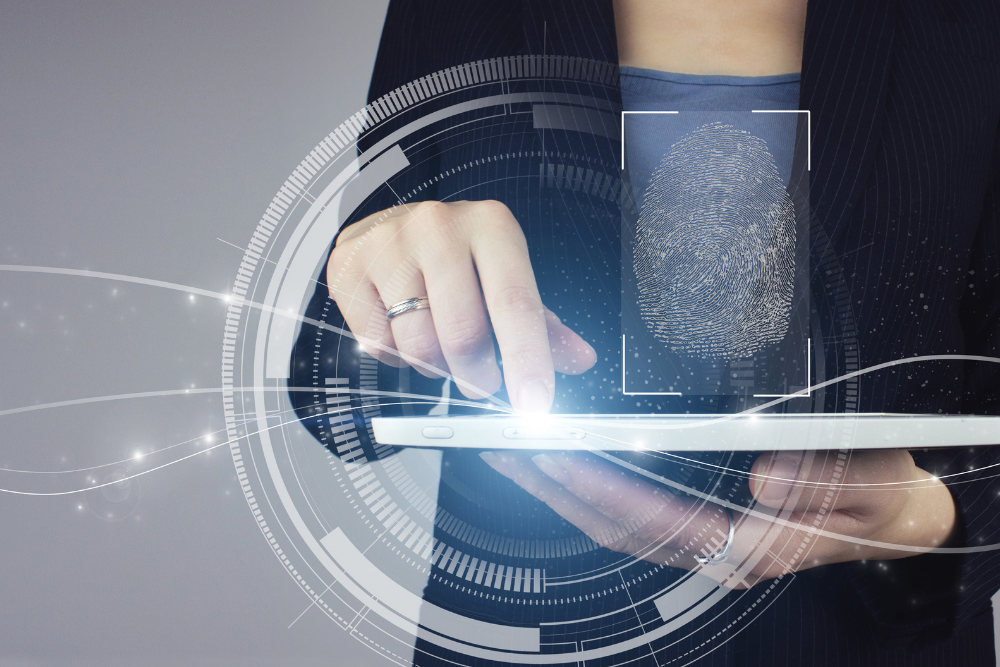Technology is everywhere in our daily lives. It helps us stay connected to family across the country, chat with friends we can’t see often enough, and network for our careers. Businesses have come to depend on technology just as much as individuals do. Thanks to cloud storage, the right tech allows a company to operate 24/7, work with international clients, and bounce back from natural disasters.
However, technology also creates vulnerabilities for a business. Hackers can exploit holes in a security system and access customer information or proprietary data. Employees might get careless and leave a database unprotected. Files can go missing, and businesses may not know if they were victims of an outside attack or simple human error.
With technology´s increasing complexity, it can be challenging for a business to detect the location of a breach, discover what information was leaked or altered, and who was responsible. This is where digital forensics comes in. This field of investigation can give a company answers, solutions, and hard data if the court system gets involved.
What Is Digital Forensics?
Traditionally, forensic science involves investigating evidence from crime scenes during civil and criminal proceedings. The forensic scientist uses rigorous scientific procedures to get the facts about how an event (often a crime) has unfolded, including:
- When did this happen?
- Who was involved?
- What instruments were used in the crime?
- What may have been done to cover up the event?
This can involve:
- Taking DNA evidence.
- Comparing fingerprints to databases.
- Running toxicology tests in a lab.
- Writing up a report and its findings.
Digital forensics, also known as computer forensics, is the tech-focused branch of forensic science. Here, investigators probe the ‘digital fingerprints’ of a crime or security breach. The goals are to identify, preserve, examine, and analyze digital evidence. This is done in a systematic, impartial, scientifically validated way. Digital forensic specialists may be called in to answer key questions like:
- When did malware get installed on a computer?
- Who was logged into the computer when the malware was installed?
- Who accessed a printer that printed sensitive company research?
- Did the brute force password attack succeed?
- Where was the list of customer addresses emailed to?
- How many files were accessed? Which files were left untouched?
A digital forensics specialist may be hired to investigate industrial espionage, intellectual property theft, fraud, and other criminal activities. They may also be called in to get the facts when there are disputes with clients, suppliers, or employees. This might include forgery-related issues, misusing company devices or the internet, etc.
Digital forensics is not a blanket term for a criminal investigation by law enforcement or the court system. Although digital forensic specialists often work with law enforcement to investigate crimes, they´re not involved in prosecution or defense. They simply present the evidence.
Many of these specialists work in both the public and private sectors. Big businesses researching high-value items like new medicines may keep digital forensic specialists on hand to secure their intellectual property. Smaller companies may occasionally hire a specialist to check their security system or look for lost data.
What Types of Digital Forensics are Available?
Digital forensics is an umbrella term that covers several disciplines. Some of the most common ones include:
- Computer forensics
- Mobile device forensics
- Network forensics
- Database, memory, and disk forensics
- Malware forensics
- Email forensics
- Breach response analysis
- Employee misuse or misconduct investigations
Often, the digital forensics specialist is trained in several areas listed above. However, this is a complex field, and technology is constantly evolving. For highly complex cases involving multiple specializations, you may need to hire several people or a team.
Who Can Benefit from Digital Forensics Services?
Digital forensic services are vital for criminal proceedings to defend a business or pinpoint the individuals or groups that targeted your company.
Digital forensics clearly and accurately reports relevant information in a format that can be submitted to the courts. They bolster your case against someone that committed a digital crime against you. Uncovering digital information may also help protect your company from litigation.
Court cases can draw on for years, but digital forensics can also help your business in the aftermath of a security breach. A properly trained specialist can identify how the breach happened, determine who was responsible, what was accessed, and where the data went.
Digital forensics is also highly useful for data breach prevention. You can hire specialists to identify weak spots in your security system before they are exploited. They can also point out which employees need retraining with your network’s security features and warn you about prior unsuccessful phishing attempts.
Finally, digital forensics services may be able to uncover lost or disguised data on devices. This could include critical files that were accidentally deleted, mislabeled, or corrupted.
Forensic Science for the Modern Era
Digital forensics can go hand in hand with your existing security protocols to keep your Winston-Salem, Greensboro, or Charlotte company’s data safe. If your organization needs digital forensics services, contact Kelly Office Solutions today to speak with one of our specialists.



Leave A Comment
You must be logged in to post a comment.